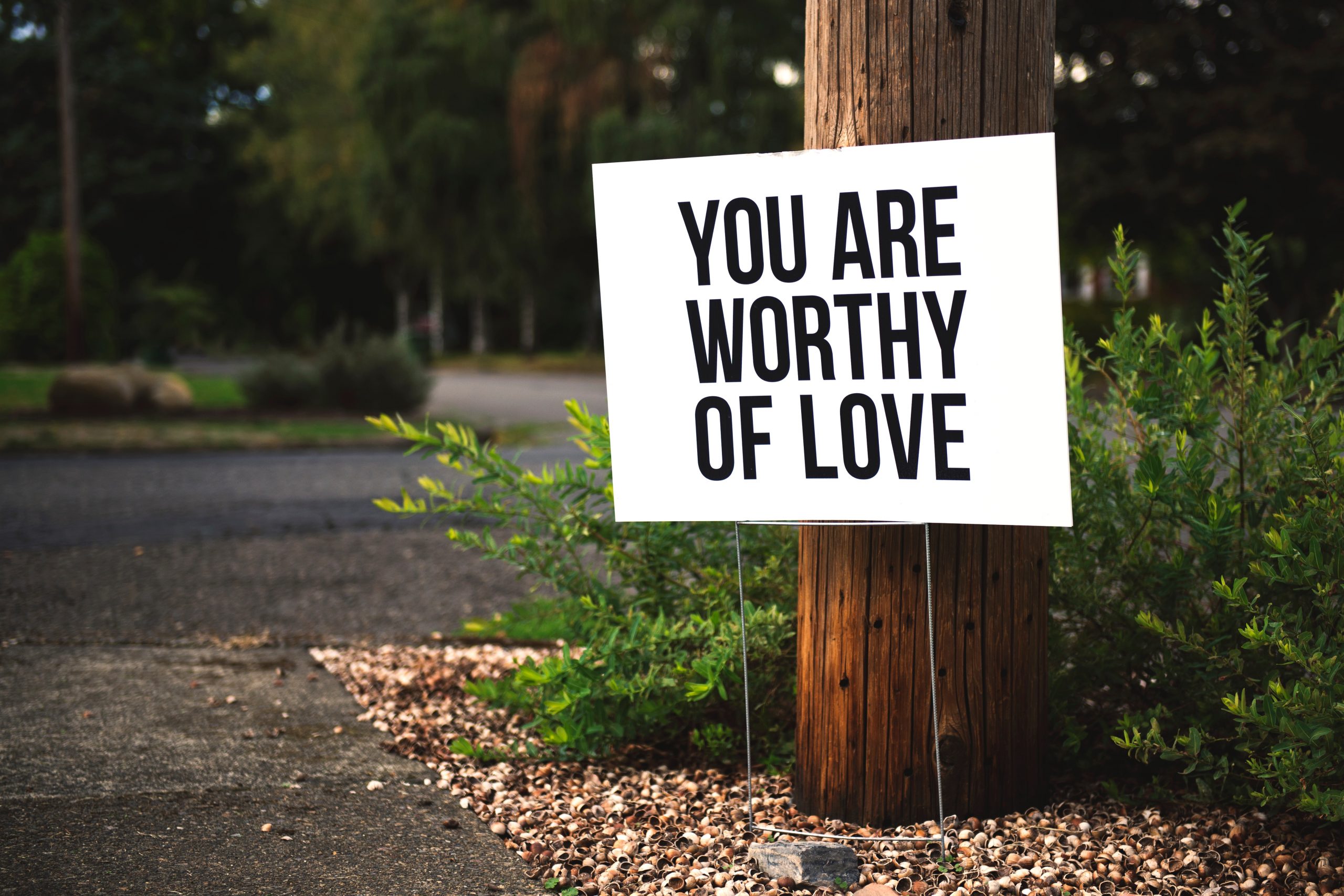The concept of self-care has exploded in popularity in recent years, and for a good reason. Self-care is associated with numerous physical and emotional health benefits. In addition, people who take care of themselves regularly tend to be more confident, happier, and satisfied with their overall quality of life.
But how do you practice self-care with no free time or excess money? What if you can’t plan those long summer vacations or train for a marathon? And what if you don’t even feel like you have a moment to yourself? Let’s get into some helpful strategies.
Embrace Self-Care as a Mindset (Not a Series of Actions)
Self-care may look like the occasional bubble bath or a delicious piece of chocolate, but many people are confused about what taking care of themselves really means. At the core, it’s about recognizing and honoring your needs.
It’s about understanding that you can’t just rely on external situations (or other people) to meet those needs. It’s your job to look after yourself!
And so, if you can keep that awareness at the forefront of your life, it becomes easier to recognize how to implement self-care. For example, you will identify when your body needs more rest or when your relationships need more work. You can attune to when you need that piece of chocolate- or when you just need a good hug.
Self-care means checking in with yourself regularly. Just like you should keep your car maintained and fill it with gas, you must apply the same philosophy to yourself.
Prioritize Your Most Important Needs
So much of self-care comes down to identifying and honoring your needs. What are the most important values in your life? In other words, what is non-negotiable when it comes to your relationships, well-being, or health? Reflect on this question and consider writing down your answers.
Ideally, you want to live a life that aligns with your values. Of course, money, certain circumstances, and time may hinder your ability for this to fully happen. But that doesn’t mean you shouldn’t strive to take care of what matters most to you.
With that, it’s also imperative that you take a regular inventory of what doesn’t serve in your best interest. For example, how do you waste time? What relationships feel draining to you? What activities do you keep participating in, even though they make you feel worse about yourself?
Think about these traps (we all have them!), and consider how you can reduce or eliminate the effect you have on your life. By downsizing toxic people or situations, you free your mental energy for things that feel good.
Reframe Often
Life can feel challenging if it seems like one adverse event keeps happening after another. If this feels like your current reality, self-care may seem like a worthless endeavor.
That’s why reframing difficult situations and practicing gratitude often can be so helpful. Think about how you can find hope in challenging moments. Consider how you would support a friend going through a similar experience.
Allow yourself to feel your emotions, but be mindful of any tendency to let your emotions dictate how you live your life. Even if they feel small or insignificant, practicing healthy coping skills can support healthy emotional regulation. That’s one of the best forms of self-care you can practice.
Strengthen Your Relationships
Even if you feel pressed for time, we live in a world where connection can happen instantaneously. In some ways, it’s never been easier to reach out to your friends.
Of course, maintaining any relationship requires a level of work. But it can be helpful to commit to making better connections with others. You can achieve this by:
- engaging in a regular group chat.
- texting a friend to let them know you’re thinking of them.
- liking or commenting on a friend’s social media update.
- planning a monthly get-together and putting it on the calendar as soon as it’s confirmed.
- spending one lunch a week to call an old friend.
- asking a friend to work out or take a walk with you.
When it comes to strengthening your support, it’s not about putting forth the most time into a relationship. Instead, it’s about making a consistent and genuine effort to stay active in each other’s lives.
Therapy as a Form of Self-Care (With No Free Time)
Therapy is undoubtedly a commitment, but even a single session a week can make an invaluable difference in how you feel about yourself. Manny people consider therapy as one of the most important investments they make.
Remember that self-care means looking after yourself. Therapy can give you the necessary tools to honor your needs and live a life that aligns with your values and well-being. Together, we can focus on you prioritizing yourself- without neglecting other important parts of your life. Contact me today to get started!

